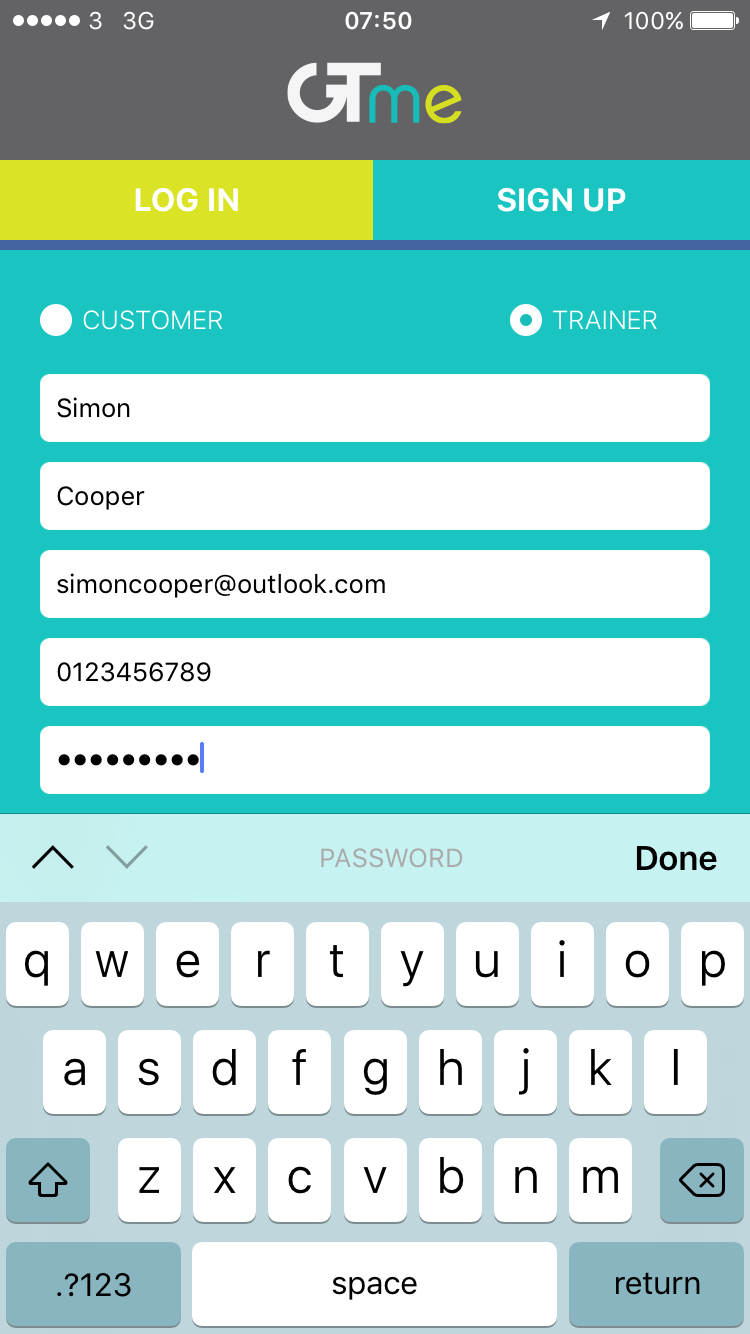When a call option expires in-the-money, the option holder has the right to purchase the underlying shares at the strike price. If you don’t have sufficient funds in your account to cover the cost of buying those shares, there are several possible scenarios and actions that could take place:
Broker’s Automatic Exercise Policy: Many brokerage firms have policies in place to automatically exercise in-the-money options. However, if your account doesn’t have the necessary funds, your broker may decide, at their discretion, not to exercise those options.
Cash Settlement or Sell the Option: Before expiration, you can choose to sell your position in the options market. This way, you could capture the intrinsic value of the option without the need to actually purchase the shares.
Broker Contact: Often, if you are in a situation where a call is set to be exercised but you lack funds, your broker might contact you to discuss potential actions, such as closing the position or obtaining a margin arrangement.
Assignment Risk: If the option is not exercised due to lack of funds, and it’s an American-style option, short positions in the market (those who sold the calls) could still face assignment if the option is exercised.
Margin Account: If you are trading in a margin account, your broker might use your margin facility to cover the cost of buying the shares, but this depends on your account’s configuration and limits.
Risk of Default: Failing to have sufficient funds can lead to potential penalties or interest charges depending on your broker’s terms and your account type. It’s crucial to understand the terms and conditions of your brokerage agreement.
In any case, active communication with your broker and planning ahead for such scenarios is essential to managing your trading activities effectively.

No responses yet